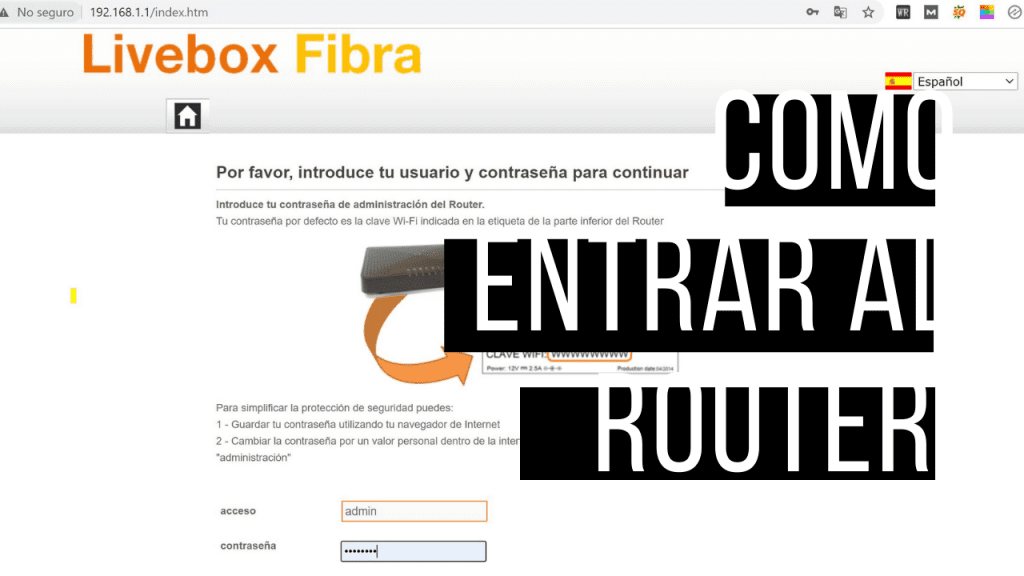Do you notice that your computer is getting slower? This is very normal if you have had it for a long time, and you also use it daily. Keep in mind that as you download or save files, use the Internet, or navigate between folders, PC resources are decreasing. Also, the slowness problem can be even greater if you have an HHD instead of a SSD, which are usually much faster.
Added to all this is that you can have a malware installed, or many applications started. If you want to know how to speed up your pc so that it goes back to how it was before, like the day you bought it, don't stop reading. We leave you some tricks.
Article Content
Check for malware
One of the first things you have to do to gain speed when using your computer is to check if there is any type of virus or malware installed. Therefore, we recommend that you run a good antivirus. There are many free alternatives on the Internet, in case you cannot have a paid license. Avira, Avast or AVG are some of them.
To speed up your PC, uninstall applications you do not use
You probably have a multitude of applications and programs installed on your computer that you are no longer using. If this is the case, it is time to clean. Go one by one in the add or remove programs section, if you use Windows, to avoid making a mistake and removing one that you do use. Enter Windows 10 Settings, and click on Applications. Within the Applications and features menu, click on those that you no longer use, and click on Uninstall
Take a look at the startup applications
Another way to speed up your slow PC is to remove all those applications that run at startup and that are not basic. For example, music or television applications that you don't need to appear at the beginning, and all those that you can use once the computer has booted. In reality, it is more than enough to have the antivirus running or a program to clean malware.
Defragment your hard drive
One way to speed up your computer is by defragmenting the hard drive. If you're using Windows 10, just open the Start menu and type defrag. Once you do this, click on the app Defragment and optimize drives. It appears as the first search result. When the defragment app has opened, first click on the hard drive you want to defragment. Then, click on Analyze. This way you will know what state the disk is in.
If the result is not favorable, Click on the Optimize button to start defragmenting the hard drive you have. From there, the program will proceed to automatically start the defragmentation process.
Reinstall the system from scratch
If all of the above has not worked, in that case the most advisable thing to speed up your PC is to reinstall the system from scratch. If you have Windows 10, go to the section Windows Settings Update and Security. In the left column click on Recovery. Once inside, access the Reset option and click on the Start button.
Please note that if you choose to reset all and delete all files, make a backup beforehand so you don't lose anything of what you want to keep.

Expert in SEO/SEM and communication on social networks.
CEO at tecnologia.net and passionate about everything related to technological progress






